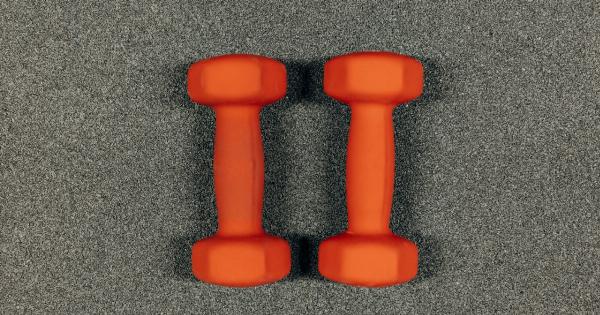A protein diet is a popular dieting trend that involves consuming a high amount of protein compared to other macronutrients like carbohydrates and fats.
The diet recommends the intake of protein-containing foods like eggs, lean meat, fish, and dairy products. Protein diets have become a popular choice among dieters, and proponents argue that it offers several health benefits. However, there are also concerns about its effectiveness and possible side effects.
Here, we examine the advantages and disadvantages of protein diets.
Advantages of Protein Diets
1. Protein Diets Help Burn Fat and Build Muscles
The primary benefit of protein diets is that they help burn fat and build muscles. Protein is an essential nutrient that aids muscle growth and repairs.
Protein-rich foods are also more filling compared to other foods, helping you feel fuller for longer and reducing your total calorie intake. Recent researches have revealed that high-protein diets may increase metabolism, leading to a higher rate of weight loss in dieters.
2. Improved Bone Health
Protein is a crucial building block for the human body, including bones. A protein-rich diet may help to strengthen bones, reduce bone loss, and increase bone density in aging individuals.
Several studies have reported that a high-protein diet positively affects the markers of bone health in older individuals.
3. Reduces Hunger and Cravings
Protein diets often result in reduced hunger and appetite. This effect can be beneficial for people aiming to lose weight since reduced hunger leads to the consumption of fewer calories.
Protein also reduces cravings and snacking, leading to a lower calorie intake and weight loss.
4. Improved Cardiovascular Health
Consuming protein-rich foods like nuts, fish, and lean meat has been associated with improved cardiovascular health.
People on high-protein diets may experience lower blood pressure, reduced cholesterol levels, and lower triglycerides, all of which reduce the risk of heart disease.
Disadvantages of Protein Diets
1. Ketosis
High-protein diets often require you to cut out carbs in favor of protein. This leads to ketosis – a metabolic state in which the body burns stored fats for energy.
Although this sounds great for weight loss, it puts a tremendous strain on the liver and kidneys due to increased ammonia production. In the long run, prolonged ketosis may be harmful to your health.
2. Risk of Dehydration
People on high-protein diets may experience dehydration due to a lack of fluids in the body. Protein requires water to be properly digested and absorbed, leading to an increased need for hydration.
As a result, high protein intake may lead to dehydration, especially in people who don’t consume enough fluids.
3. Loss of Energy
High-protein diets often lack important nutrients, like carbohydrates and fiber. These nutrients are necessary for regulating blood sugar levels and providing energy to the body.
When the body lacks carbs and fiber, you’ll experience a sudden drop in your energy levels, leaving you feeling exhausted.
4. Increased Uric Acid Levels
A high-protein diet may increase the levels of uric acid in the body, leading to conditions like gout or kidney stones.
A study conducted by the University of Maryland Medical Center showed that increasing protein intake increased the amount of uric acid in the body. Those with kidney problems are particularly at risk, and it is advisable to consult a medical professional before going on a high-protein diet.
Conclusion
Protein diets have become a popular choice for people aiming to lose weight and improve their overall health. Although high-protein diets offer several advantages, there are also some disadvantages associated with them.
It is essential to consult with a medical professional before making any significant dietary changes. Understanding the advantages and disadvantages of protein diets helps make informed decisions about your health.
























